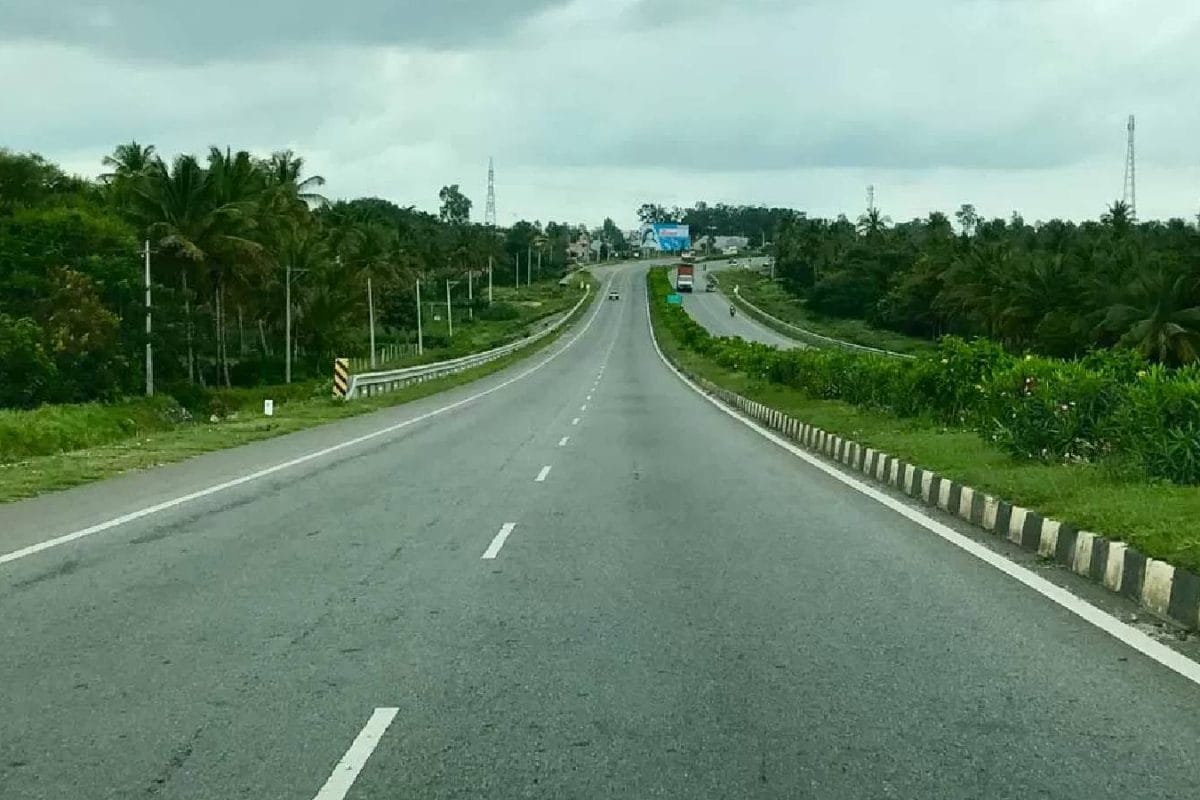The state government is working on a differential fee on app-based aggregators to fund gig workers welfare and is expected to fix a higher rate on higher revenue earning businesses such as cab-hailing services, officials engaged in the policy-making told ET.“We plan to have differential rates based on certain parameters and types of services,” they added. The fee payable by platforms will range from 1% to 5% on the commission they pay gig & platform workers depending on the size of the commission amount.
The Code on Social Security caps the fee at 5% of the amount paid to gig workers.With AICC leader Rahul Gandhi clearing broad contours of the gig worker welfare policy, the government has opted for the Ordinance route to enact the Karnataka Platform based Gig Workers (Social Security and Welfare) Bill 2024. “We will send the draft to the Raj Bhavan for Governor’s assent within the next few days and hope to get it cleared soon,” Law & Parliamentary Affairs Minister HK Patil told ET.

The levy will start only after the government frames a set of rules under the law and places it in public domain for stakeholder response. “We will give a month’s time for stakeholders to give their suggestions. We will study, and incorporate necessary suggestions,” an official said.
Karnataka has touted its proposed law as a rights-based one aiming to protect the rights of the gig and platform workers. Once the law is in place, the government will invite bids for developing a software for payment and welfare fee verification system. The levy would take at least six months to roll out, sources said.
First stateKarnataka came up with the Bill, last year, after Rajasthan passed a law, in July 2023, becoming the first state to introduce a law for platform workers. The state, however, is yet to frame rules. When implemented, Karnataka will emerge as the first southern state to introduce welfare programmes for gig workers.
Telangana has collected a copy of the state’s draft to explore a similar law in the Congress-ruled state.The subject gained life and pace after Rahul Gandhi discussed it with chief minister Siddaramaiah in Delhi on April 3. The government had soft-pedalled on the idea after sections of ecommerce, ride-hailing and delivery platforms resisted the move, last year.
The government, as per the proposal, will set up a gig workers welfare board to plan and implement schemes besides making its own contribution to the fund.The Congress always pushed the gig worker welfare agenda and Gandhi had campaigned for it during his Bharat Jodo Yatra in 2022. A year later, ahead of the assembly polls in Karnataka, the Congress manifesto promised a gig workers’ welfare board and minimum hourly wages for workers in the unorganised sector.
In July last year, Siddaramaiah put off placing the Bill before the legislature preferring a wider consultation on it, after top executives of a few tech firms raised their concerns.In May 2023, just days before the assembly polls, Gandhi interacted with gig workers in Bengaluru and even took a 2-km ride with a delivery partner.Bengaluru is estimated to have about 200,000 gig workers delivering a range of services including ride-hailing, ecommerce, food delivery, express-delivery and logistics.
Three years ago, gig workers from an on-demand delivery platform protested when the platform introduced an incentive-based model of payment for its delivery agents. The move effectively slashed the per-delivery payments. The proposed law promises a grievance redressal.
The draft Bill is the outcome of several rounds of discussions the labour department had with aggregators and a conference held in collaboration with the International Labour Organization. Labour officials said they put out the draft law after discussions with platforms including Amazon, Flipkart, Uber, Ola, Rapido, and Zomato.In the Union Budget this year, the Centre proposed to register gig workers on e-Shram portal, arrange ID cards and give health care under Ayushman Bharat-PM Jan Arogya Yojana health scheme.
According to the Niti Aayog’s report titled “India`s Booming Gig and Platform Economy,” published in June 2022, the number of gig and platform workers in the country would go up to 23.5 million by 2029-30..
Technology

Karnataka may levy differential fee on app-based services to fund gig workers welfare

Karnataka is planning a differential levy on app-based aggregators to fund gig workers' welfare, with rates from 1% to 5% of worker commissions. A rights-based law, set via Ordinance, will establish a welfare board and grievance system. The levy rollout may take six months post public consultation and rule finalisation.















